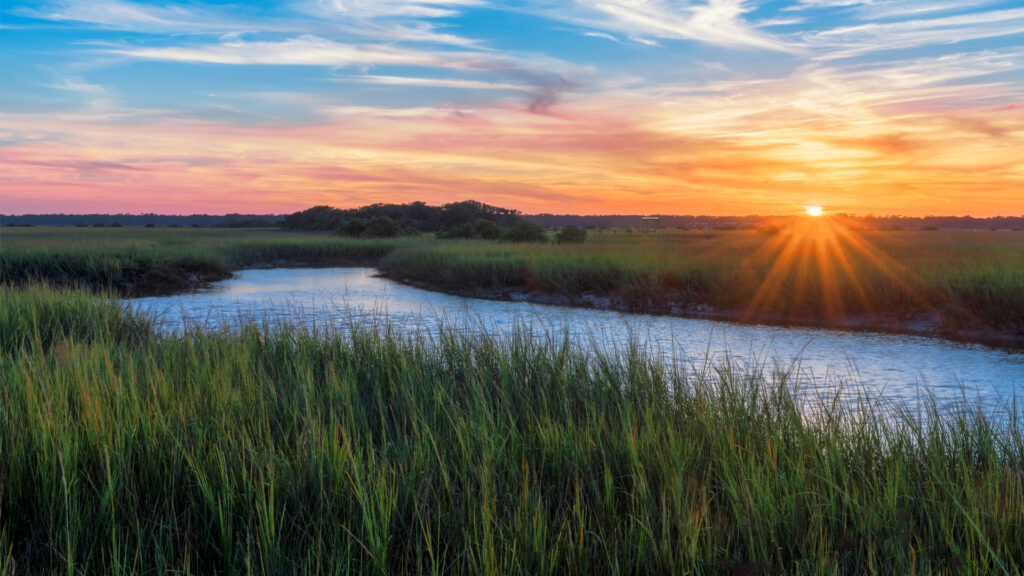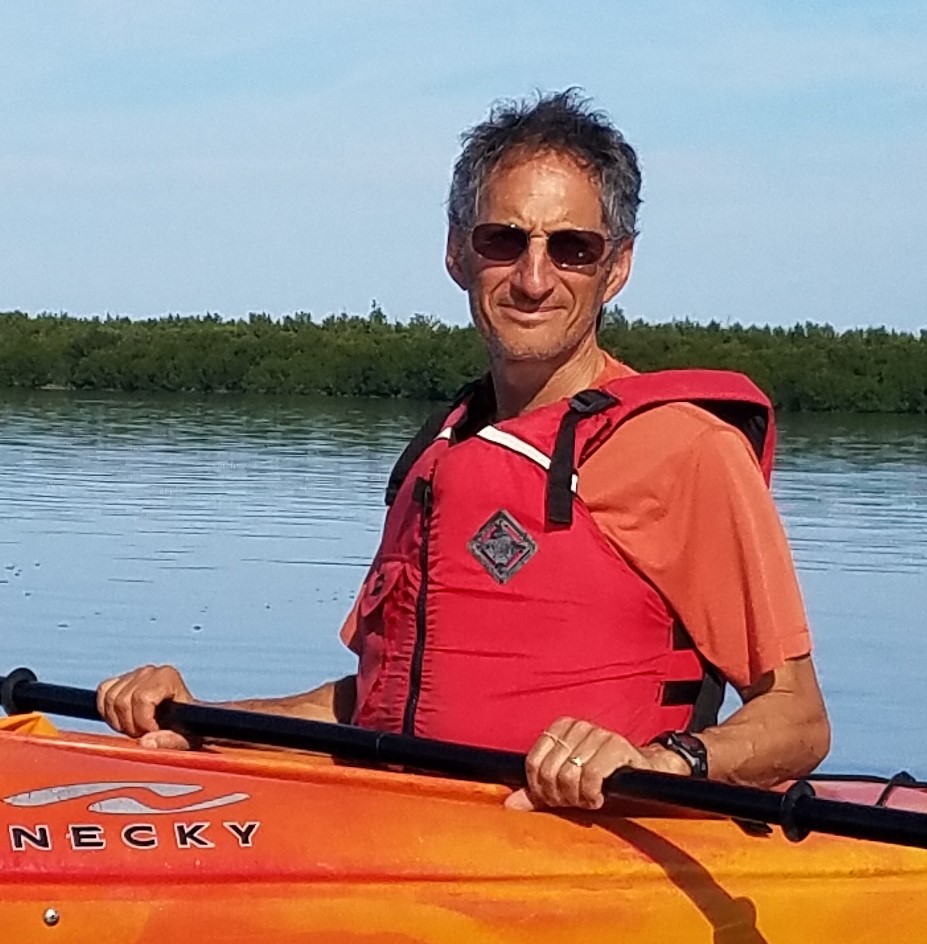By Joseph Bonasia, FloridaRightToCleanWater.org
Last year, 16 young Montanans sued their state government over an illogical, mission-warping law that prevented its Department of Environmental Quality from considering environmental consequences when weighing permits for fossil fuel operations. Such a law is an example of how oftentimes the system does not work the way it should.
These young people argued it violated their right to a healthful environment — a right explicitly stated and enshrined in the Montana State Constitution in 1971 — and they won. The ruling means that the state must now consider climate change when deciding whether to approve fossil fuel projects.
There have been other youth climate cases, but so far, they have not been successful. Montana’s was because it was predicated on this constitutional right.
One of those other youth climate cases was here in Florida.

In 2020, eight young Floridians sued our state government, arguing it “violated their fundamental rights to a stable climate system under Florida common law and the constitution.” The rights identified were those to life, liberty and the pursuit of happiness, because Florida’s constitution doesn’t explicitly recognize every Floridian’s fundamental right to a healthy environment.
Although he found the youths’ climate concerns legitimate, the judge dismissed the case. He determined it was inappropriate for courts to provide the climate action the young plaintiffs sought. That would have to come from the legislative and executive branches of government. (Bearing in mind that no two cases are the same, the Montana judge rejected this argument.)
Unfortunately, those branches of government are the most vulnerable to the influence of special interests and changing political winds, and some rights — like the right to healthy ecosystems we depend upon — are so fundamental they sometimes need protection from government itself. Our Founding Fathers understood this latter point, and it’s why we have our Bill of Rights.
Now, rubbing salt into the wound, along comes the new law known as “don’t say climate change.” This law does more than delete the term “climate change” from state laws, although that is bad enough. It nullifies renewable energy goals implemented in 2022 after approximately 200 Floridians all under 25 years of age filed a petition calling upon the state to move toward 100% clean energy by 2050.
“Despicable … infuriating … unacceptable,” said Delaney Reynolds, one of the young plaintiffs in the Florida climate case.
But evidently, there is nothing unlawful about older Floridians damaging ecosystems for future Floridians. If we had explicitly stated constitutional environmental rights, like Montanans have, things would likely be much different.
In a research paper titled “The Value of Constitutional Environmental Rights and Public Trusts,” Widener University Professor Emeritus John C. Dernbach recently wrote, “Constitutions play a role that the common law cannot play in environmental protection. They provide limits on the exercise of governmental authority. They provide a means of invalidating inconsistent statutes, regulations, and other laws. They have been used to improve access to the courts and strengthen and expand traditional public trust protections. … Constitutional environmental provisions are at the apex in our hierarchy of environmental and natural resources laws.”
There is no effort in Florida to amend our state constitution to provide Floridians with environmental rights as broad as Montanans’ (and Pennsylvanians’ and New Yorkers’). The closest we come is the proposed “Right to Clean and Healthy Waters” amendment to the Florida Constitution.

I wish this amendment could be as encompassing as others. That would be most moral and generationally just. Florida law, however, requires constitutional amendments to be narrowly focused on one subject.
Healthy aquatic ecosystems are essential to our well-being and to that of future generations of Floridians. If we cannot in one law have all the environmental rights we need and know to be inalienable, then a constitutional amendment recognizing every Floridian’s right to clean water is a huge step in the right direction.
“Constitutions are the highest and strongest form of law and also reflect the deepest and most cherished values of a society,” writes David R. Boyd, special rapporteur to the United Nations, in “The Right to a Healthy Environment, A User’s Guide.” They are, he adds, “a mirror into a nation’s soul.”
The same holds true for state constitutions, and what better reflects Florida’s soul: a constitution that protects and preserves for us and future generations the natural world we love and depend upon, or one that doesn’t?
Joseph Bonasia is communications director for FloridaRightToCleanWater.org, where voters can print and sign the petition to qualify the amendment for the 2026 ballot.
If you are interested in submitting an opinion piece to The Invading Sea, email Editor Nathan Crabbe at ncrabbe@fau.edu. Sign up for The Invading Sea newsletter by visiting here.



